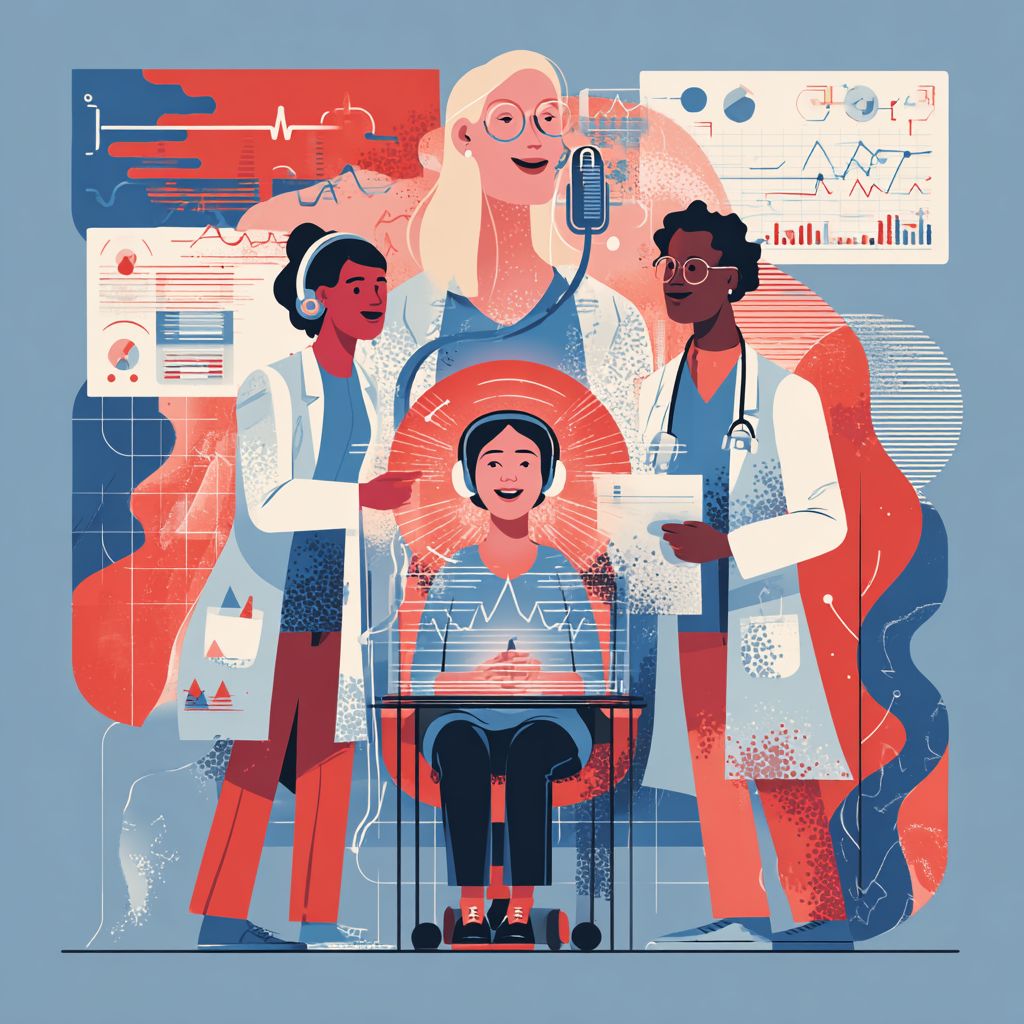
Artificial intelligence (AI) has become a dynamic partner in therapy, school support, and special education. Tools such as ChatGPT empower professionals to brainstorm lesson plans, draft therapy scripts, and spark creativity with unprecedented ease. However, recent privacy updates—especially the revelation that some ChatGPT “public chats” became visible in Google search results—bring both a timely reminder and an opportunity: to use these new platforms wisely, and to shape a future where safety and progress coexist.
The Latest News: Public Chats and Privacy Actions
Earlier this year, users and technology outlets noticed that some ChatGPT conversations—specifically those intentionally marked as “public” or “discoverable”—were being indexed by search engines. While meant to encourage sharing and transparency, this functionality left some users surprised that sensitive or personal dialogue could appear in web search.
OpenAI Responds Quickly
OpenAI, the maker of ChatGPT, removed the “public share” option, stopped search engines from indexing these chats, and issued a public statement recognizing the risk and the need for user control. Their stance is clear: “We want users, including therapists and educators, to feel safe using our tools, and we’re committed to rapid improvements where privacy is concerned.”
How This Affects Therapy and Special Services—With Solutions
Despite these headlines, AI remains a powerful, safe companion in professional practice—if you keep privacy protection front and center.
1. Understand the Boundaries
- ChatGPT is not a locked diary: Outside of protected Enterprise accounts, anything you write may be stored and could be accessed if marked for sharing.
- Therapy and education require higher standards: Client details, student names, and case histories should be omitted or replaced with general descriptors in AI chats.
2. Put Data Protection First
Practical Steps:
- Use privacy settings: In ChatGPT, open “Settings” > “Data Controls” to restrict saving, opt out of training, and manage what’s stored.
- Keep details generic: Use placeholders or de-identified info—e.g., say “child with selective mutism,” not “Yasmina H., Grade 2, Mount Lebanon.”
- Educate and inform teams: Share privacy best practices in staff meetings. Remind everyone that even deleted chats may be visible for a time, especially if accidentally shared.
3. Collaborate with Clients and Families
- Explain AI’s benefits and limits: When using AI-supported tools (scripts, resources, lesson templates), tell families that no personal client data will ever appear in these platforms.
- Model positive digital citizenship: Show older students and clients how you use AI for brainstorming, not for storing confidential facts.
4. Stay Positive About AI’s Direction
Recent events demonstrate that the AI field is getting better—because of user feedback from therapists, teachers, and care staff:
- Industry learning curve: OpenAI’s swift removal of discoverable public chats and new privacy prompts signify a growing prioritization of user safety.
- More robust privacy tools: Team and Enterprise AI accounts are developing stricter storage and deletion features—options that will trickle down as demand increases.
- Stronger regulations are coming: As public awareness rises, global and local policymakers are working toward clear protections that fit healthcare, education, and therapy standards.
Why Optimism is Warranted
- Innovation with safety at the core: Mistakes like public chat sharing are quickly addressed; industry feedback loops are working.
- Therapists’ voices shape the future: The push for privacy comes from professionals on the front lines. Your concerns drive lasting improvements.
- AI’s benefits outweigh the risks—if used wisely: Efficiency, idea generation, and broader access to resources remain strong advantages for busy care teams.
Proactive Tips for Safe, Effective AI Use
- Use AI for planning and resource generation, not for real client session notes or sensitive details.
- Regularly review settings and encourage your team to do the same.
- Train your organization on emerging privacy issues.
- Choose secure, professional versions of AI tools for any work involving live client data—or keep such data offline altogether.
The Takeaway
The ChatGPT privacy story serves as a real-world lesson in digital responsibility. It shows that AI is not only evolving technically, but also culturally—faster every year. As therapists and educators, your vigilance ensures that every new tool used in your practice is safer for those you serve.
By staying informed, modeling cautious optimism, and championing client privacy, you help create a therapeutic landscape where AI is both an asset and a protector.
